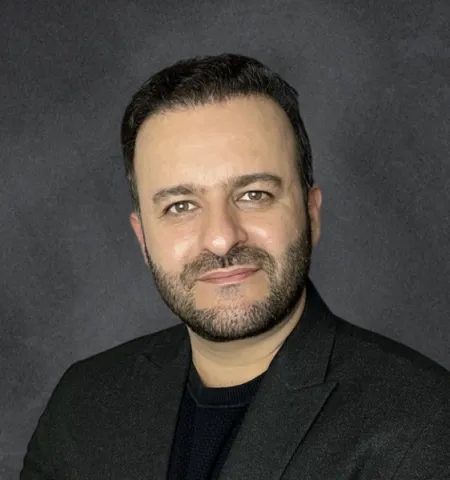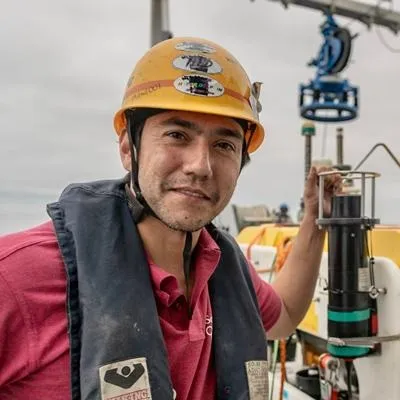About the project
The project aims to design a controller for collaborative task division among autonomous platforms surveying seafloor areas. Building on existing collective decision-making strategies in robot swarms, the project uses Machine Learning (e.g., multi-agent reinforcement algorithms) to enable a heterogeneous set of underwater vehicles (AUVs and Drifters) to map unknown areas.
Exploring the intricate details of seafloor landscapes is crucial for grasping the complexities of marine habitats. Traditional exploration missions often necessitate crewed ships, which come with issues such as logistical challenges and significant CO2 footprints. While underwater autonomous vehicles (AUVs) can simplify these missions, they are often large, expensive and hard to maintain, and their limited mapping coverage makes surveying vast seafloor expanses with a handful of AUVs impractical. A promising alternative involves using cost-effective drifters that move with ocean currents (hence, affordable actuation) and lack advanced underwater localization mechanisms (e.g., inexpensive sensors). Deploying these in large numbers alongside AUVs could offer a more comprehensive seafloor mapping strategy. In addition to the technological barriers in maintaining consistent access to these platforms, coordinating the detailed control of the platforms with crewed ships is a mentally and physically demanding task for the operators. On the other hand, without centralized coordination, ensuring optimal platform utilisation and performance is challenging.
Methods such as multi-agent reinforcement learning could empower a team of autonomous systems to synchronize and collectively perform a task. The core challenges of this project revolve around localization, perception, and task distribution among diverse platforms such as drifters and AUVs.
The applicant will study state-of-the-art machine learning technologies and familiarize themselves with prevalent platforms used for seafloor surveys including interanal/external factors and challenges that influence the behavior of the vehicles (such as communication limitations underwater). They will then devise a method for these platforms to collaboratively operate. By the project's conclusion, it is anticipated that the student will possess a comprehensive understanding of machine learning and underwater robotics, and lead the multi-disciplinary papers in different research venues, having enriched our understanding of the marine ecosystem. "
Supervisory team
The supervisory team includes supervisors from several organisations. Please contact the Lead Supervisor for more information about the team.
Training
The INSPIRE DTP programme provides comprehensive personal and professional development training alongside extensive opportunities for students to expand their multi-disciplinary outlook through interactions with a wide network of academic, research and industrial/policy partners. The student will be registered at the University of Southampton and hosted at University of Southampton, school of Electronics and Computer Science. Specific training will include:
- COMP6245 Foundations of Machine Learning
- COMP6246 Machine Learning Technologies
- ELEC6254 Foundations of Embedded IoT Systems
- COMP6257 Bayesian, Active & Reinforcement Learning

